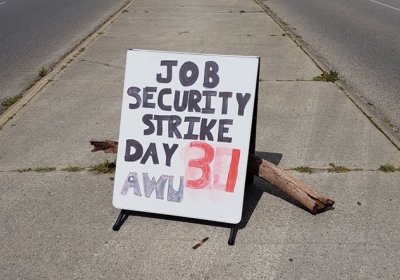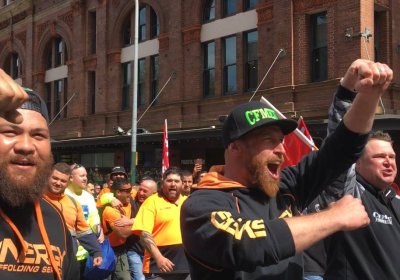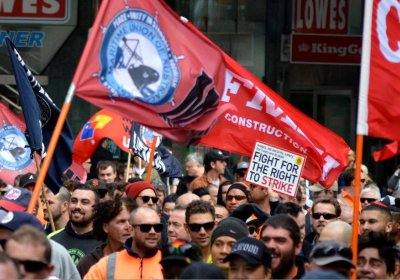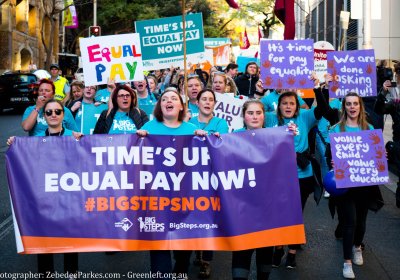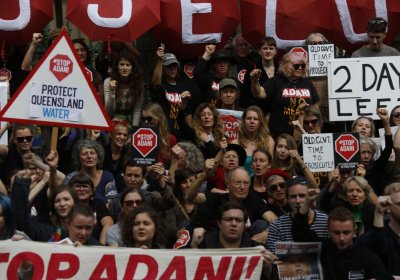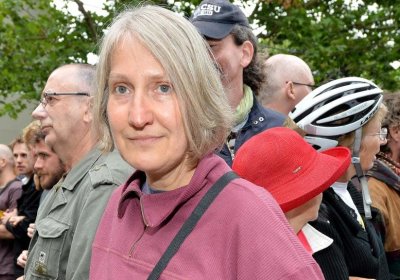Comedian and radio personality Wendy Harmer tweeted recently about a dinner experience she had: “Had my Liberal-voting friends over last night who are adamant the Govt. should nationalise the banks — same position as espoused by Green Left Weekly. Weren't best pleased when I pointed this out. Fun debate :)”
It’s no surprise people are drawing this conclusion, as more revelations from the banking royal commission show just how much the banks have screwed over customers in the name of profits.


